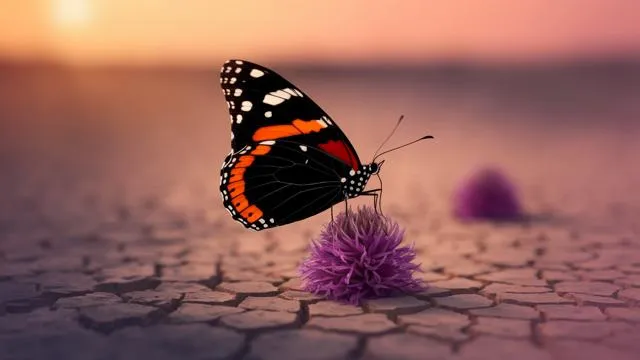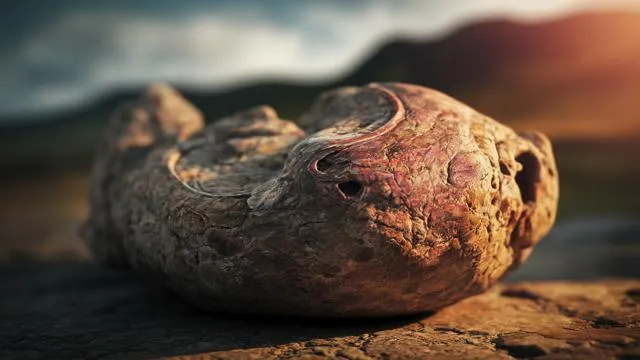In a groundbreaking exploration of the ocean's depths, a team of international scientists has captured footage of a snailfish swimming at an unprecedented depth of 8,336 meters in the northern Pacific Ocean, setting a new record for the deepest fish ever filmed.
This remarkable achievement was part of a comprehensive study aimed at understanding the life forms that inhabit the most inaccessible parts of our planet's oceans. The expedition, led by marine biologist Alan Jamieson from the University of Western Australia, utilized advanced sea robots equipped with high-resolution cameras to explore the abyssal plains and trenches off the coast of Japan.
The footage, captured last September, not only showcases the resilience of life in extreme environments but also highlights the snailfish's unique adaptations to survive in such harsh conditions. These adaptations include a translucent body, tiny eyes, and the absence of a swim bladder, which allows them to withstand the immense pressure found at these depths.
The study also resulted in the capture of two snailfish specimens at a depth of 8,022 meters, marking another milestone in deep-sea exploration. This research is part of a decade-long project to study the deepest fish populations, shedding light on the biodiversity and ecological dynamics of the ocean's most secluded habitats.
The findings from this expedition contribute significantly to our understanding of marine life and the challenges it faces, emphasizing the importance of continued exploration and conservation efforts in the deep sea.










